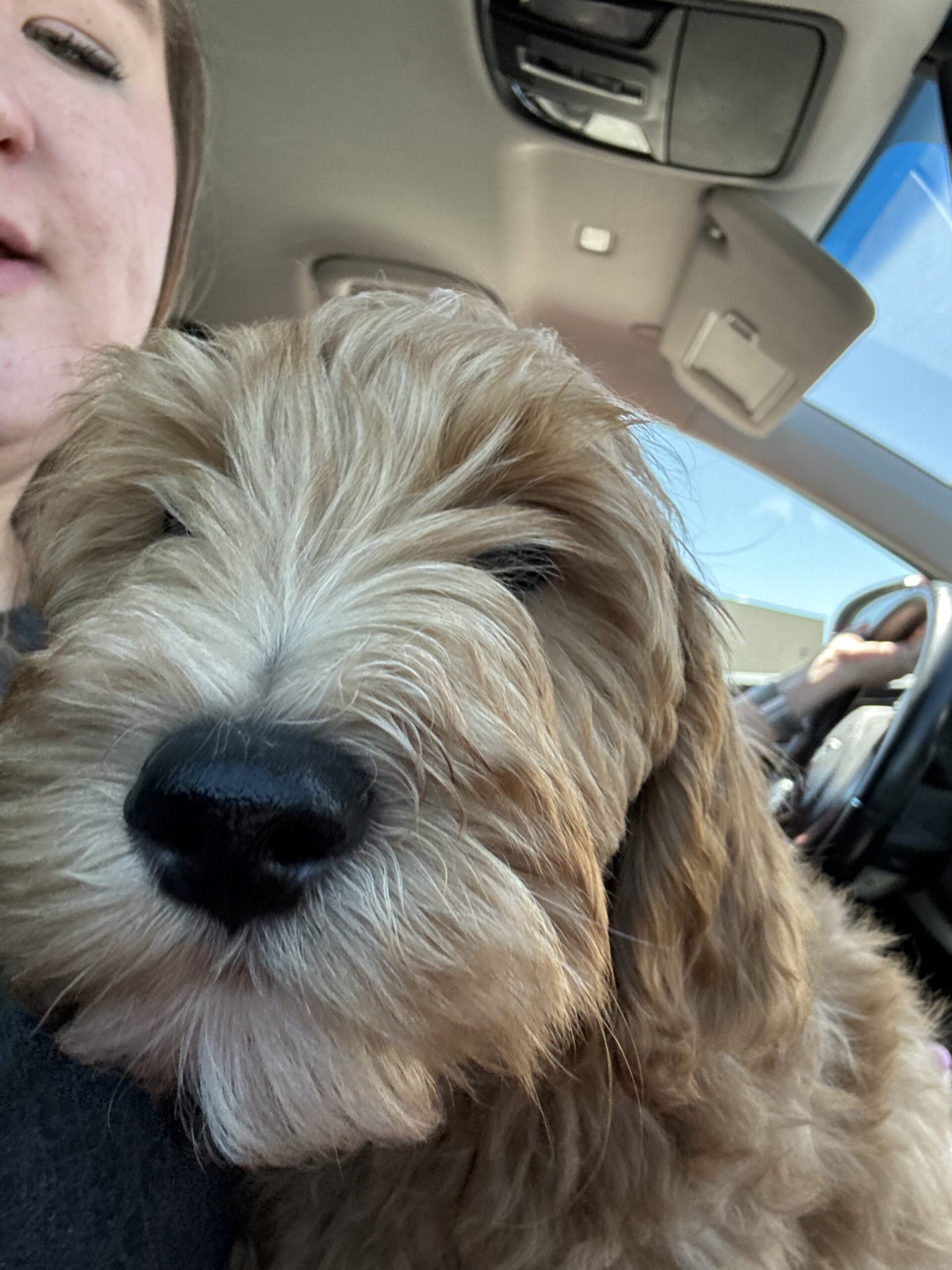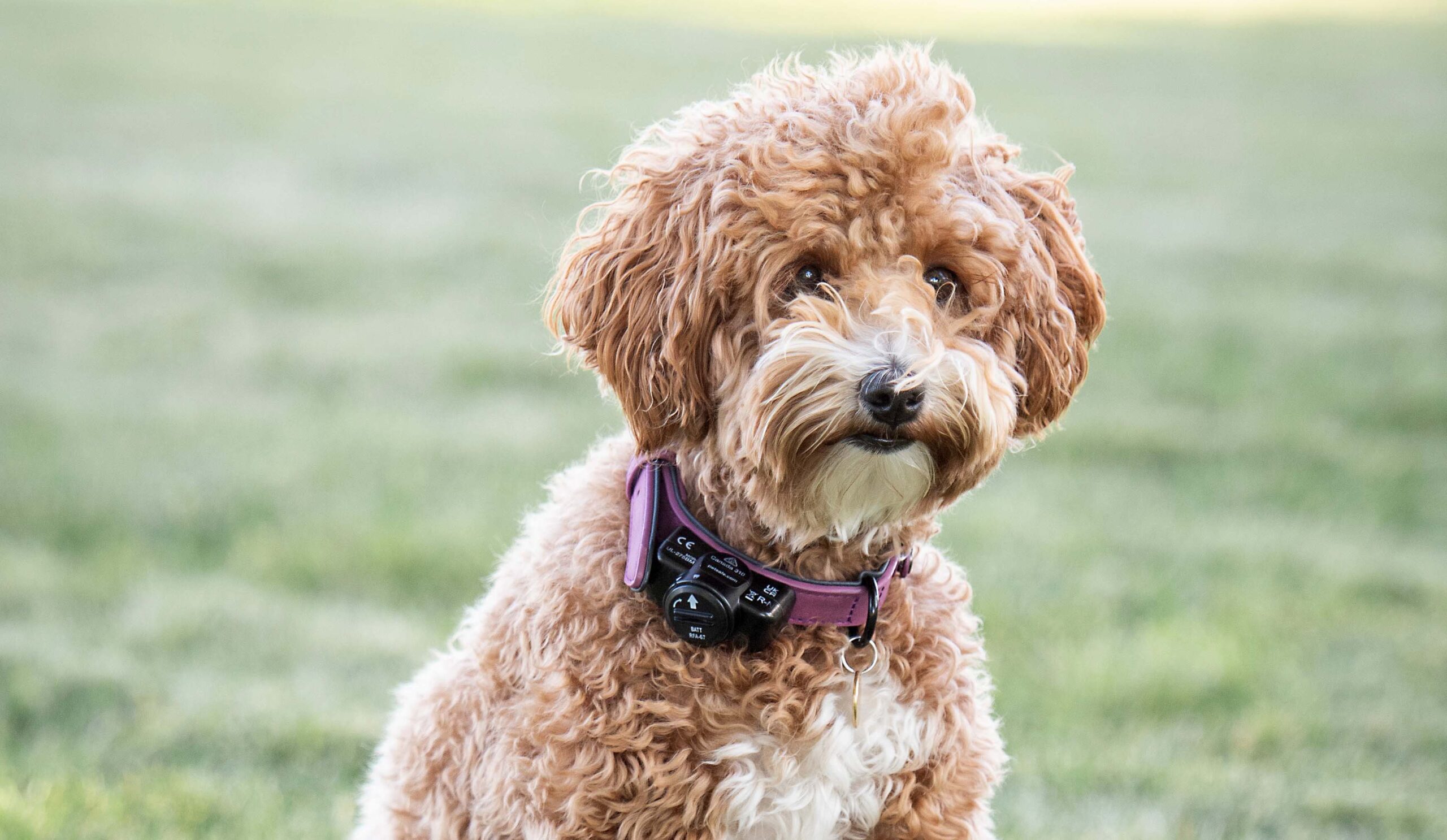You’ve probably witnessed your furry friend munching on grass at some point. While it might seem strange and even gross, eating grass is a common behavior among dogs, and there are several reasons why they do it.
- Digestive Issues
One of the most common reasons dogs eat grass is to relieve digestive issues such as upset stomachs or constipation. Grass is rich in fiber, which can help dogs pass stool more easily and alleviate discomfort.
- Nutritional Deficiencies
Some dogs may eat grass to supplement their diet with nutrients they may be lacking. For example, grass contains vitamins A and C, as well as calcium and iron. However, it’s important to note that a balanced diet should provide all the necessary nutrients for your dog, and eating grass should not be a substitute for a proper diet. We will always be a fan of Pawtree: https://shop.pawtree.com/countrykennelsid
- Boredom or Anxiety
Isn’t this when all pets get in trouble? Dogs may also eat grass out of boredom or anxiety. If your dog is not getting enough physical or mental stimulation, they may resort to eating grass as a way to occupy themselves. Similarly, if your dog is feeling anxious or stressed, eating grass may be a coping mechanism to relieve tension.
- Instinctual Behavior
Finally, some experts believe that eating grass is an instinctual behavior for dogs. Dogs are descendants of wolves, and wolves are known to eat grass and other plants to help cleanse their digestive systems. This behavior may have been passed down to modern-day dogs.
While eating grass is generally considered safe for dogs, it’s important to monitor your dog’s behavior and make sure they’re not ingesting anything harmful such as pesticides or chemicals. If your dog is eating grass excessively or showing signs of illness, it’s best to consult with your veterinarian to rule out any underlying health issues.







